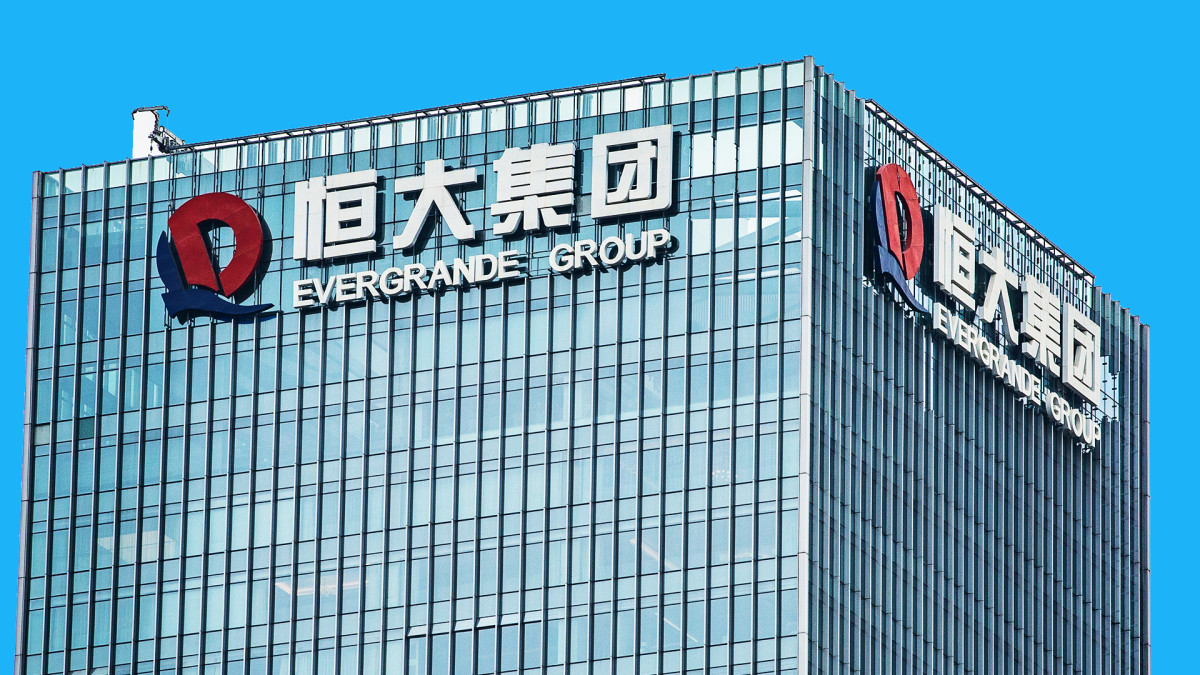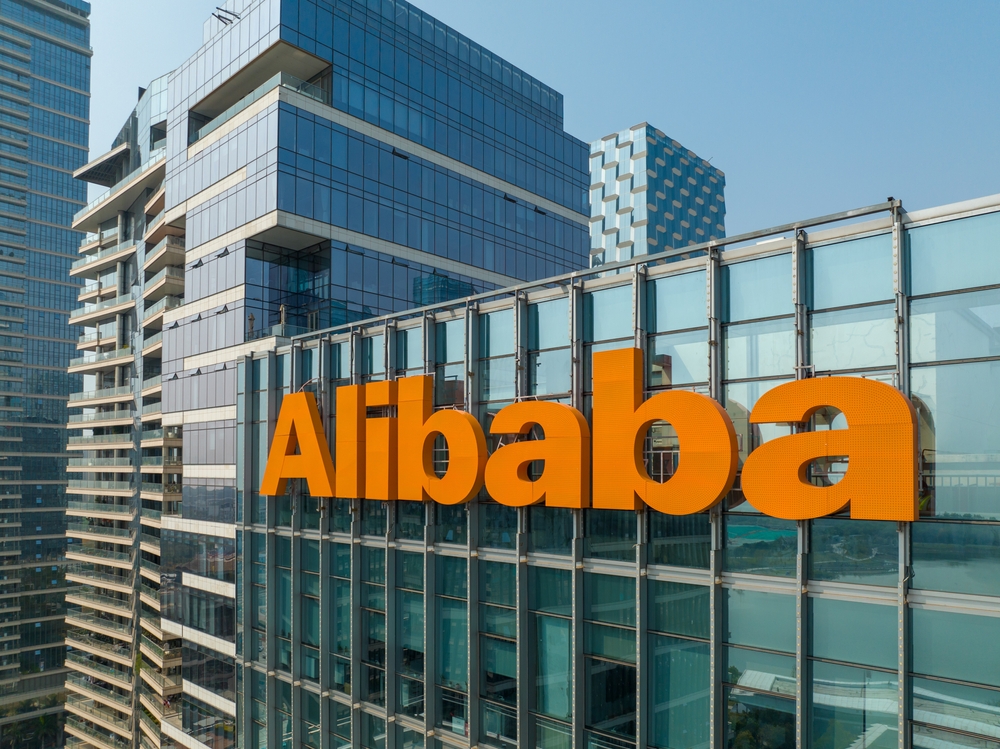Market this week were caught in the grip of contagion fears sparked by troubles at China Evergrande. Property developer China Evergrande Group has hundreds of billions of dollars in debt it can’t repay, roiling global financial markets this week on the spectre of default, prompted investors to flee riskier assets.
What is China Evergrande Group?
Evergrande Group, founded in 1996, is one of China's biggest development companies based in Shenzhen, that rose to prominence constructing homes and apartment buildings just as the country began to introduce private homeownership. It sustained itself on a voracious appetite for expansion and a constant flow of cash — through payments from consumers and prolific borrowing.
The company says it has more than 200,000 employees and supports 3.8 million jobs in construction and other industries. Evergrande says it has 1,300 projects in 280 cities and assets worth 2.3 trillion yuan ($350 billion).
Aside from being the development company, Evergrande also expanded into other major industries, including electric carmaker, a mineral extraction group, theme park development, health clinics, and other businesses.
Evergrande’s shares in Hong Kong had slumped since Monday, taking YTD losses to more than 80%.
What Is China Evergrande Crisis & How Did Evergrande End Up in Trouble?
Evergrande’s trouble came after years of unrestrained expansion during which its debts grew alongside its size and assets, hence “overleveraged.” It is now labouring under a debt pile of more than $300 billion. The company has presold 1.4 million apartments worth more than $200 billion that it has not finished building. It’s begun paying its bills by offloading unfinished projects to contractors, such as construction companies or painters.
Selling pressure persisted after which the company is due to pay $83.5 million in interest payments due relating to its March 2022 bond on Thursday, with a 30-day grace period, -- raising concerns about a liquidity crisis among all Chinese and Hong Kong property companies, as markets quickly turn off access to dollar funding. The company also has another $47.5 million payment due on Sept. 29 for March 2024 notes.
Apart from the mounting debt, changing regulation also plays a very significant role in the crisis.
Evergrande’s problems began last year, when Beijing’s regulators clamped down on the amount of debt that big real-estate developers can owe (The more overleveraged a developer was, the less regulators would allow it to borrow). The way Evergrande grew so large, to a market cap of $50 billion at its peak, was by borrowing money — that $305 billion.
Evergrande responded to Beijing’s clampdown by selling properties at serious discounts to shore up its bottom line. Despite that fire sale, the company still struggled to make interest payments on its enormous debts, leaving it teetering on default.
What does it mean for global markets?
Markets were spooked on Monday with America’s S&P falling 1.7% after Evergrande closed 10% down in Hong Kong – the lowest since May 2010. But the territory’s Hang Seng index recovered on Tuesday, closing up 0.5%, and the S&P has also regained lost ground. Meanwhile gold, a traditional safe harbour for investors, jumped nearly 0.8 percent. All that action is a good reflection of the jitter’s traders are feeling.
Evergrande has its hands in so many other industries in China, that some experts worry about a “contagion,” or spill over effect. In other words, if one major economic pillar collapses, will it spread to other markets or regions?
Another concern is credit markets. Evergrande has done so much borrowing, and so many lenders are at risk of getting burned, would its potential default have a ripple effect for other borrowers? Foreign holders of Evergrande’s dollar-denominated bonds – which total about $20 billion – wouldn’t have much say in what happened and would therefore face a wipeout, analysts say. They would probably pursue their money in international courts.
U.S. Federal Reserve Chair Jerome Powell however, said on Wednesday that Evergrande's problems seem particular to China and that he did not see a parallel with the U.S. corporate sector.
But troubling signs already are emerging; Hundreds of millions of Chinese homeowners who could see their property values drop, meaning there’s a good chance they’ll rein in spending. Global consumer markets — on everything from clothes to electronics to food — rely on the prolific buying power of the Chinese middle class. If China is poised to spend much less on consumer goods, there will be economic ramifications around the world.
What next? The Road Ahead?
Global markets reacted with relief on Wednesday when the People's Bank of China's injected 90 billion yuan ($13.9 billion) into the banking system and an Evergrande unit said it had "resolved" a coupon payment on an onshore bond, allaying fears of an imminent and messy collapse that had spooked investors.
But it faces $83.5 million in dollar-bond interest payments due on Thursday on a $2 billion offshore bond. And more payments are coming due next week, with a $47.5 million dollar-bond interest payment due.















